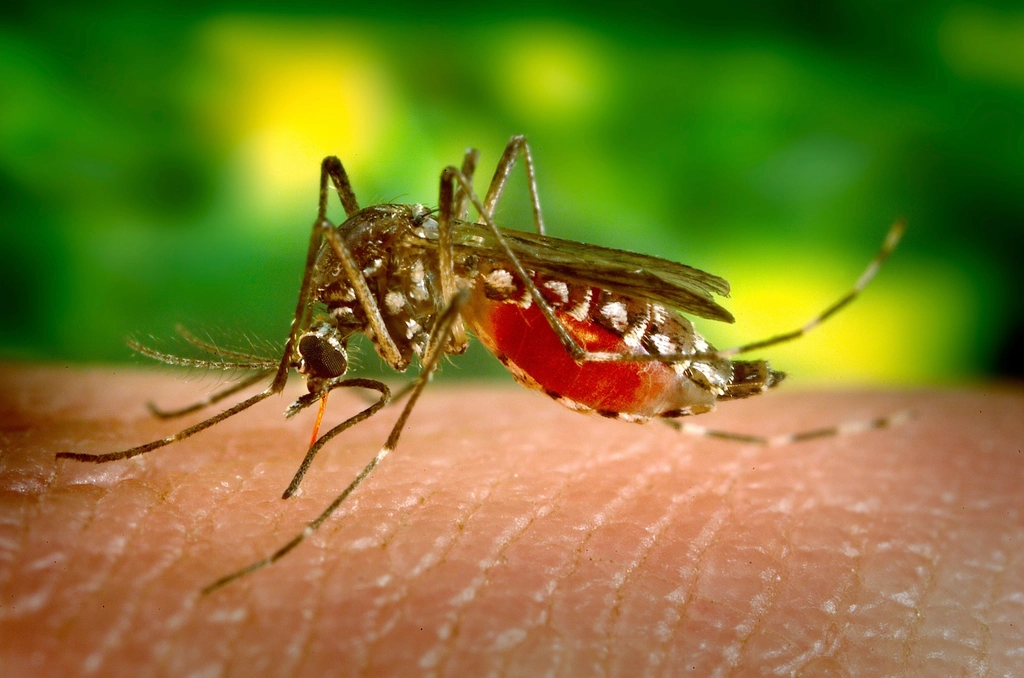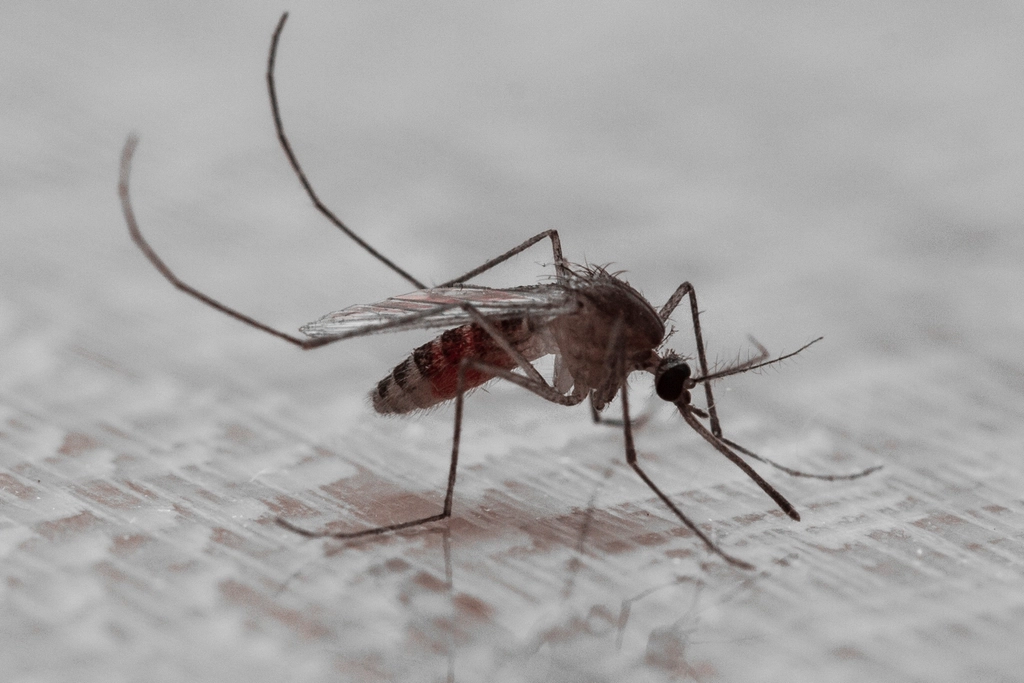Spending summer evenings outdoors often comes with an unwelcome side effect: mosquito bites. Fortunately, there are a range of products designed to keep these buzzing pests at bay. Here’s an overview of how the most common mosquito repellents actually work.
DEET – the classic protector

DEET has been used for decades and is known for its strong, long-lasting protection. It disrupts a mosquito’s ability to detect human scent, deterring them before they land on your skin.
Picaridin – the odor-free alternative

Also known as icaridin, picaridin offers effective protection without the strong smell often associated with DEET. Depending on the concentration, it can be just as good or even better.
PMD – power from lemon eucalyptus

Para-menthane-3,8-diol (PMD) is derived through chemical processing of lemon eucalyptus oil. This plant-based compound can be highly effective, especially when applied in the right amount.
Also read: How Your Behavior Today Might Reveal a Childhood Without Enough Love
Mosquito nets – the physical barrier

A simple mosquito net provides physical protection by blocking mosquitoes completely. It’s especially useful in high-risk areas but less practical for large open spaces.
Citronella – fragrant but limited

Citronella is often linked to mosquito protection, but research shows its effects are short-lived and far less reliable than DEET or picaridin.
Mosquito wristbands – minimal coverage

Wristbands containing repellent substances generally release too little active ingredient to protect the whole body, meaning their effectiveness is limited.
Electronic mosquito repellents – mostly marketing

Devices that emit sound to repel mosquitoes lack scientific proof. Researchers often classify them as ineffective.
Also read: Boost Your Workout Naturally With This Simple Food
Correct application – the key to success

No matter the repellent, coverage and dosage matter. Applying too little reduces protection, and reapplication may be necessary.
Combining with sunscreen

If you’re using sunscreen as well, apply it first and follow with mosquito repellent. This ensures both products work as intended.
Clothing as prevention

Wearing long, light-colored clothing can make it harder for mosquitoes to reach bare skin, acting as a simple but effective barrier.
Article based on information from Videnskab.dk
Also read: Sleeping apart? Here’s how it can change your relationship
Also read: This common painkiller may increase your dementia risk by up to 40%
